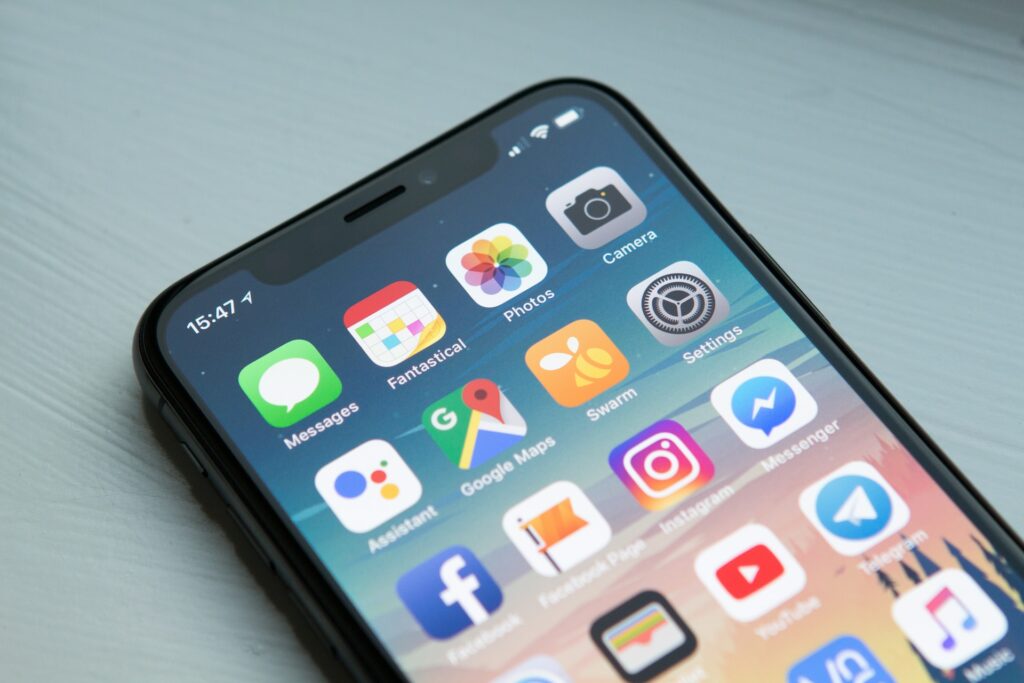Facebook Ads and Google Ads are the two largest PPC platforms available. Google Ads uses the vast Google Display Network to show ads on YouTube, mobile apps, and more, while Facebook Ads are shown to the millions of people who use the social media platform daily.
But which is the best option? This is THE question and it requires a detailed look at what each platform provides, what type of customers they appeal to, and how they compare with each other in terms of ROI and suitability – we discuss all of this below!
Google Ads - Excellent Ad Versatility
- Google Ads is the most popular PPC service and it allows you to target customers on its extensive display network. This includes YouTube videos, shopping ads, display ads, and map ads if your business has a physical location.
- The platform offers an excellent level of customization and the quality of Google Ads is high due to their policies and approval process. This is a great platform to use if you want to maximize conversions and get qualified leads to your website.
Pros
– Recidulous audience potential: The Google Display Network is composed of over 35 million websites and apps. A Google Ads agency knows that type of potential reach is difficult to ignore and this is a large reason why Google Ads is so popular – everyone uses Google!
– Quality not expenditure: Google Ads offers everyone a level playing field whether you are an enterprise business or a solo entrepreneur. The emphasis is on the quality of your ads – not how much money you throw at them, so anyone can thrive using this PPC platform if they make the effort.
– Versatile ad formats: Google offers a wide range of ad formats such as display ads, YouTube ads, and mobile ads. Furthermore, you can format these ads in a number of different sizes and layouts – the customization is simply amazing.
– Greater conversions: Google Ads is perfect for targeting “switched on” customers – those who are already in the process of looking for something. Due to this process and the targeting available with tools like Google Customer Match, it often results in greater and more meaningful conversions.
Cons
– PPC cost: Google Ads is the more expensive option and this isn’t arguable. There is also a heap of competition due to the scope of the platform and how many people use it.
– Frustrating customer support: Google Ads can sometimes fall short of customer support – particularly for the ad approval process. AI algorithms are used to determine ad suitability and this has led to instances where a company’s ads have been incorrectly rejected.
– Steeper learning curve: There is a lot of learning involved in creating successful Google Ads compared to Facebook and it isn’t something you can master overnight. This is where a Google Ads agency can help.
Facebook Ads - Huge Social Reach
Did you know that approximately 2.93 billion people use Facebook each month? That is the type of potential exposure your adverts can gain and it is a large reason why many businesses use Facebook Ads.
Facebook Ads offer more creativity and visual elements compared to Google Ads but you are typically trying to engage customers who are just general browsing through the social media platform with no firm goal. This differs from Google Ads as this PPC platform is targeted more at “switched-on” searchers – those who are actively looking for something or to make a purchase.
Pros
– Granular targeting: Facebook Ads are known to be more granular and really allow you to tailor the ads to suit people’s interests, beliefs, hobbies, and browsing habits which are limited with Google Ads. It gives you personalization on a whole new level which contributes to the higher ROI.
– Predominantly visual ads: Facebook Ads are mainly visual and there is no minimum text requirement (it used to be 20% but this was scrapped). As a result, Facebook Ads are generally considered to be more visually appealing compared to the mainly text-orientated Google Ads.
– High ROI: Facebook Ads can generate a pretty good ROI when done right and they often outperform Google Ads on a cost-per-click basis and other metrics. From a purely business point of view, if you have the right target customers, Facebook is the top option.
Cons
– Tough setup: Facebook Ads sadly aren’t easy to set up and it does require a lot of work just to be eligible for Ad placements. This includes being active on Facebook and engaging with your customers, and a solid audience score of 1000+ to use the lookalike audience feature. Google essentially has no setup requirements.
– Limited demographics: A drawback of Facebook is that it has a greater appeal to a smaller age range – typically the 24-34 age bracket. In contrast, Google is pretty much universal and cross-generational and there is no definitive age range that uses Google more.
– Meta trust: The reputation of Facebook and Meta has taken numerous hits over the years and unfortunately some people don’t trust the company. Things like misreporting metrics, and unscrupulous data collection make some people cautious about using the social media platform and engaging with any ads on it.
Which Should You Use - Google Ads vs Facebook Ads
You will hate this answer, but there is no defacto winner. We cannot definitively say that Google Ads is better than Facebook Ads or vice versa. Which PPC platform is more beneficial depends on your individual business situation, target audience, and goals.
Google Ads can be seen to be the better option for getting results from customers who are ready to make a purchasing decision, whereas Facebook Ads excel at piquing the interest of a general audience.
In many instances, it can be beneficial to run both Google Ads and Facebook Ads and many businesses to make an ROI on both platforms. The key is to find what works for your business.










